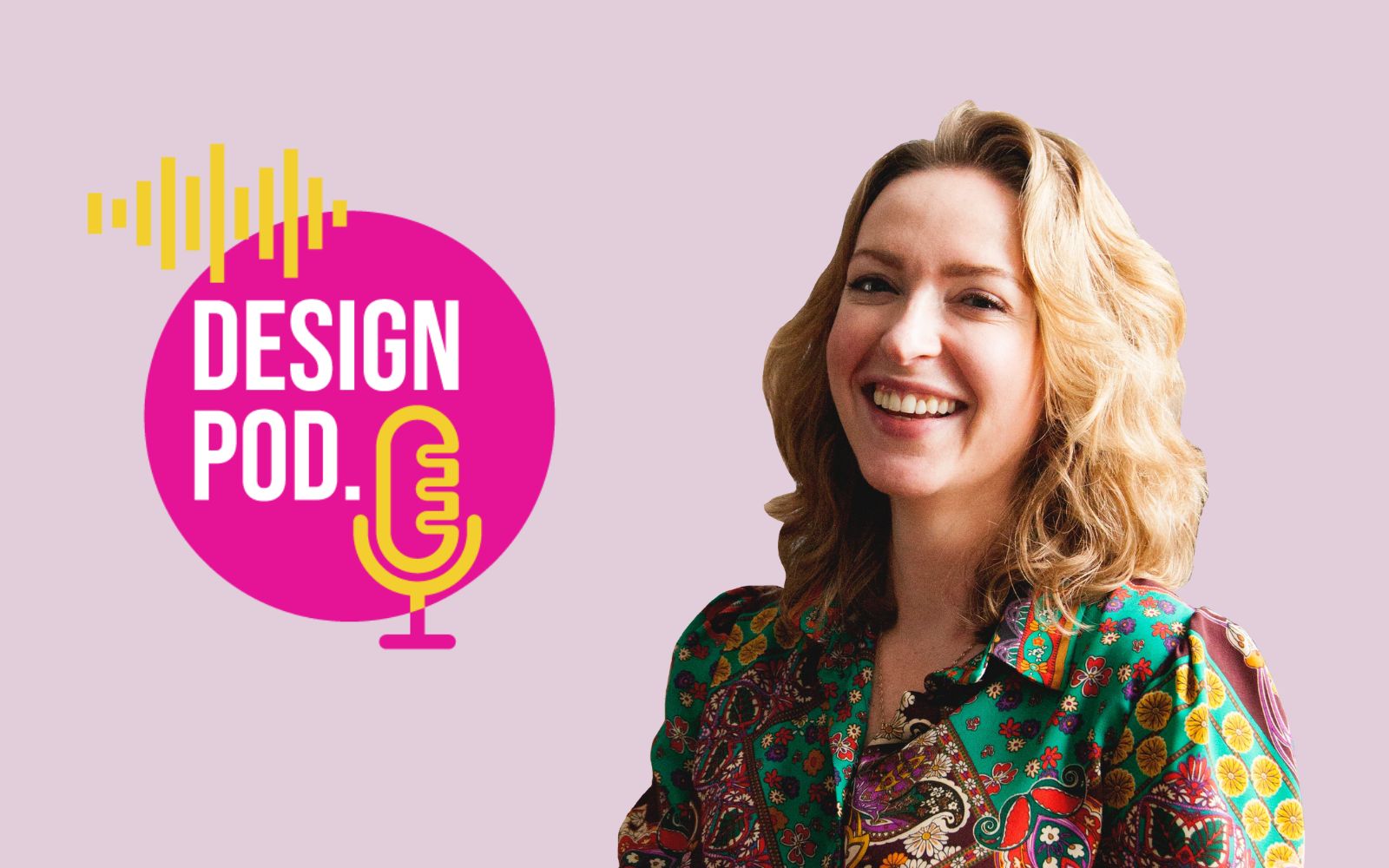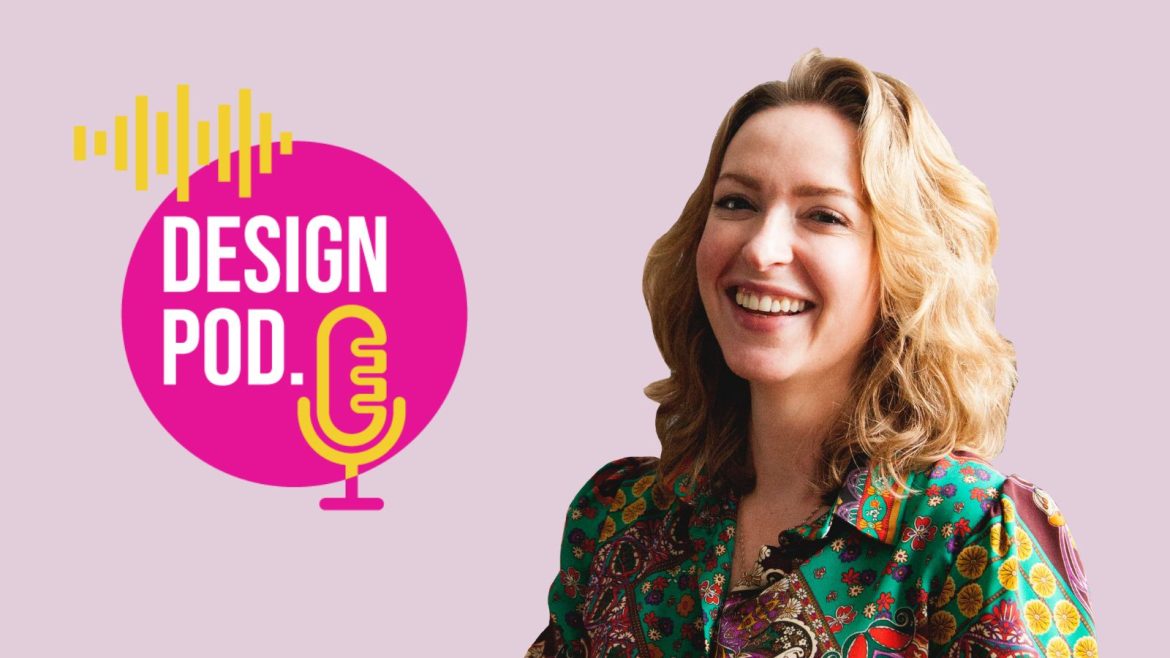Episode 29: Stimulating Wellness (Wren Loucks)
https://hoteldesigns.net/wp-content/uploads/2023/03/Wren-Loucks-DESIGN-POD-1-1024x640.jpg 1024 640 Hamish Kilburn Hamish Kilburn https://secure.gravatar.com/avatar/81d2884aeeac3c45e38c47cacc508c2178bab773320ff2d6a83bdcc803d93aec?s=96&d=mm&r=gWren Loucks, CEO and Creative Director of Be-kin, joins DESIGN POD, the design and architecture podcast for all creative enthusiasts. In episode 28, the interior designer and Editor Hamish Kilburn discuss sensory design, holistic hospitality and how, through stimulating wellness, hotel design can find new meaning…

In episode 29 of DESIGN POD, a design and architecture podcast dedicated to cutting through the noise to unveil real, gamechanging conversations, Editor Hamish Kilburn welcomes interior designer Wren Loucks as a special guest to explore the concept of stimulating wellness. The discussion, which is the third episode to drop is series 4, sponsored by Geberit, covers everything from how Loucks first used design to make sense of the world around her to uncovering new researching around sensory design and holistic hospitality.
Loucks, who was named last year as one of the top 25 influential interior designers, joined the podcast following her involvement in Geberit’s Hotel Guest Experience Report, in which the designer examines ritual, sensory-rich experiences and social sustainability in hotel design. The award-winning designer looks at how the differences in sensorial, cognitive, and physical abilities can be catered to by designing facilities to suit a range of needs, such as wheelchair accessibility, neurodiversity and an ageing population.
In addition to being an integral voice Geberit’s recent report, Loucks has also been a contributor on Hotel Designs, authoring a number of articles, covering sensory design in sound, touch and seasons. She also, backed by science, published a whitepaper on conceptual design, WISH, which was awarded highly commendable for the Celia Thomas Prize for disabled guests at the International Blue Badge Access Awards in April 2022.
Since launching Be-kin in November 2020, Loucks has completed six projects, ranging from Grade II listed buildings to a private gym in Fitzrovia. In addition to design, Loucks aims to educate her clients on how they are affected by spaces across their senses and create spaces that stimulate their wellbeing. For the studio’s commercial clients, the designer creates spaces that support social sustainability – designing for a range of cognitive, physical, and sensorial differences. She is, put simply, challenging conventional approaches to interior design, architecture and hospitality with a human-centric approach that is giving the entire arena a deeper purpose.
Main image credit: DESIGN POD




